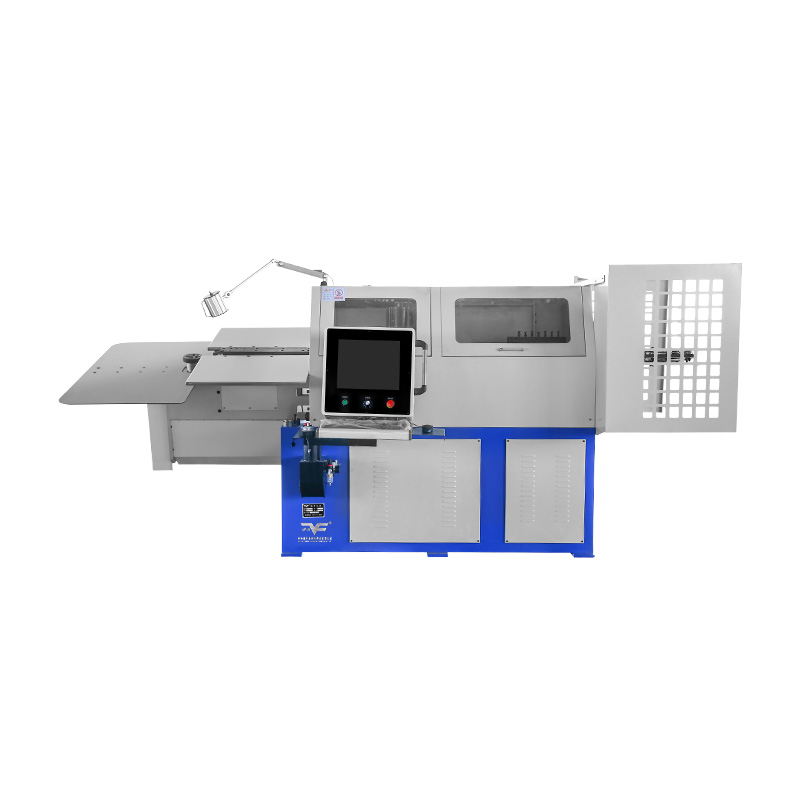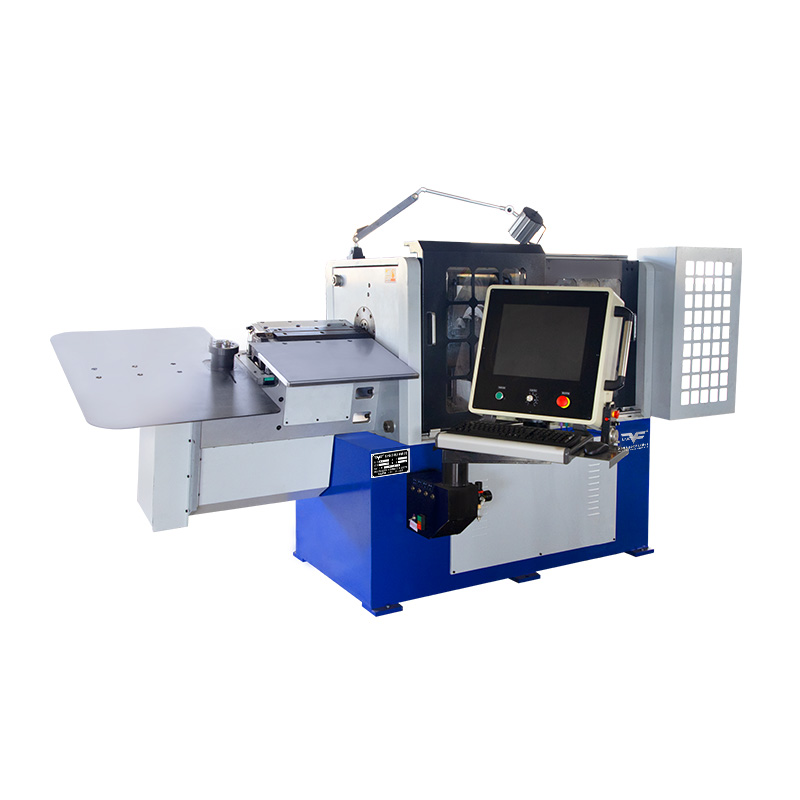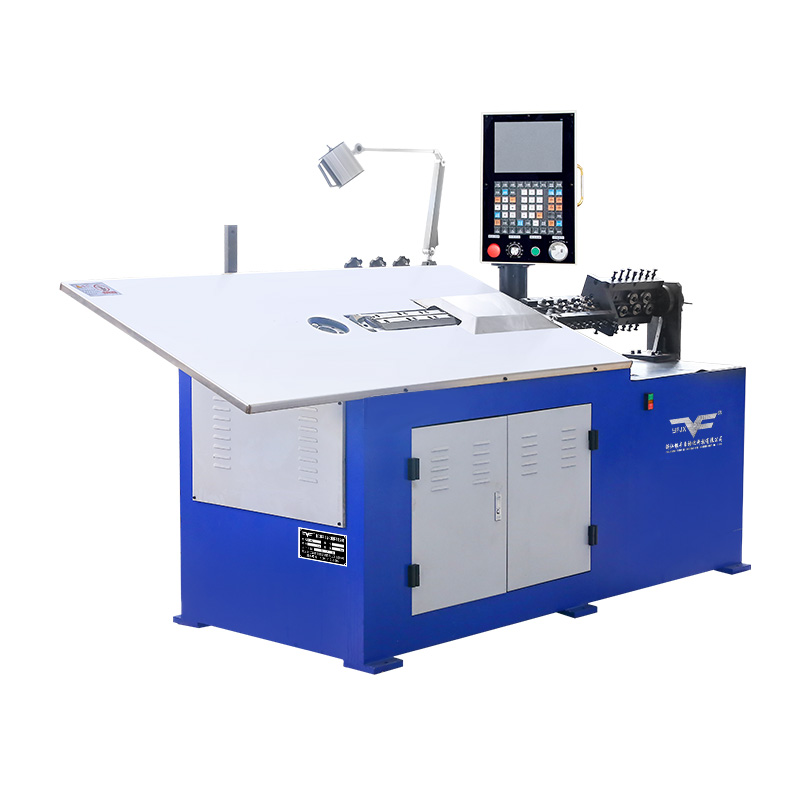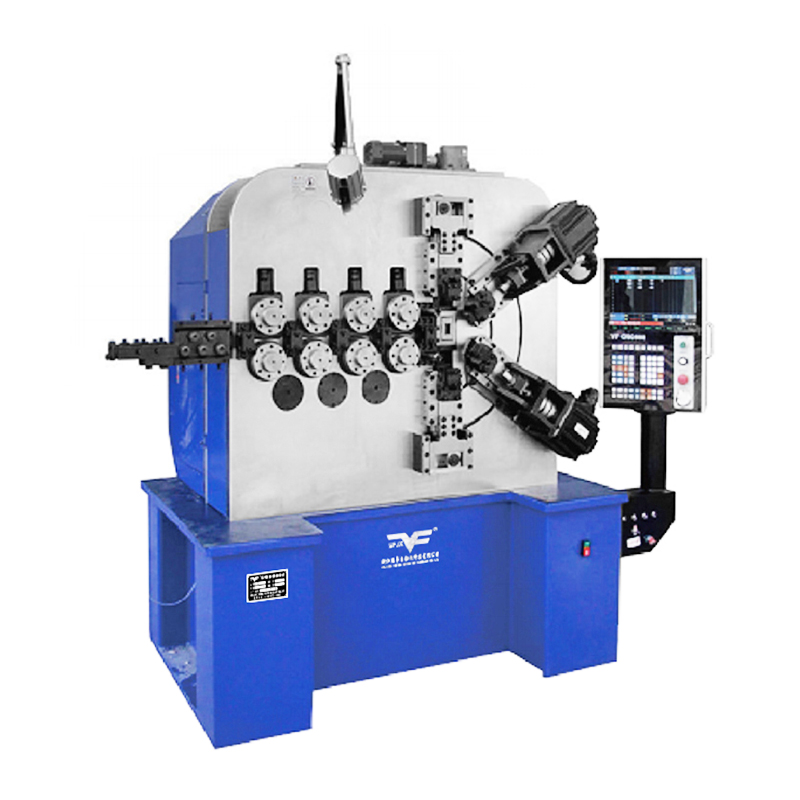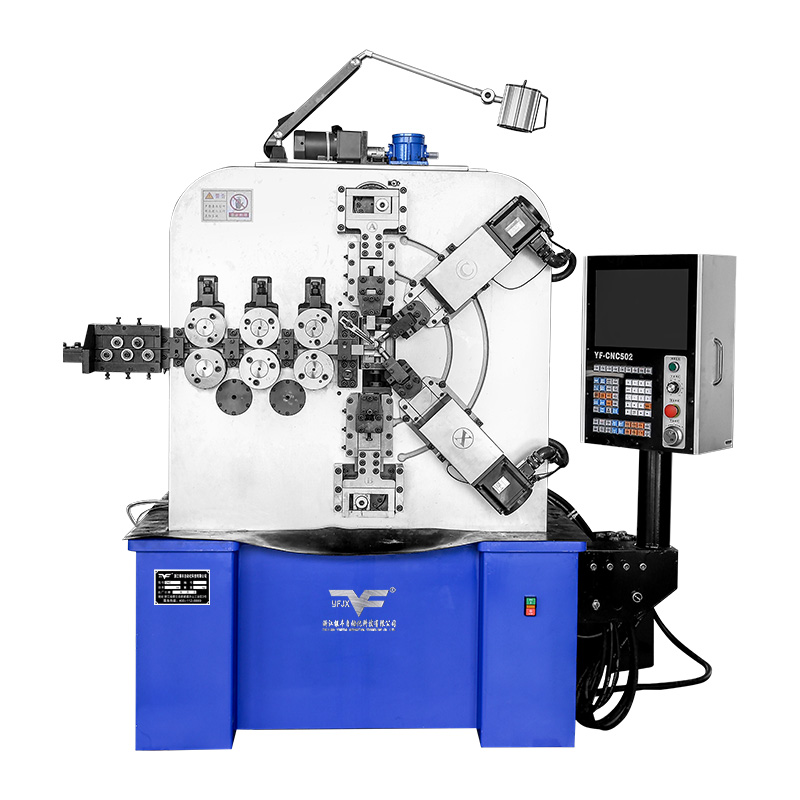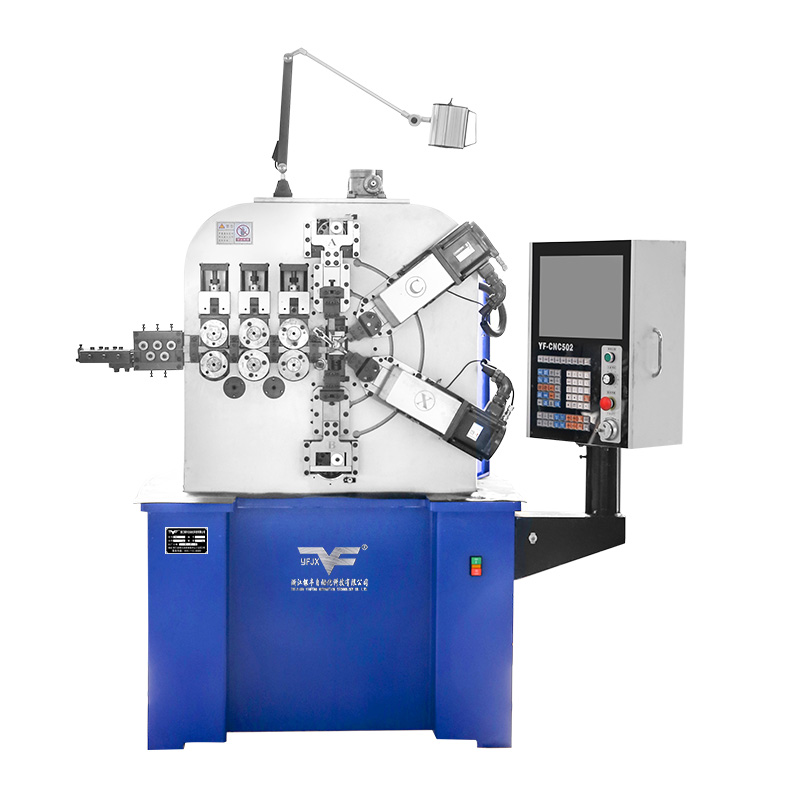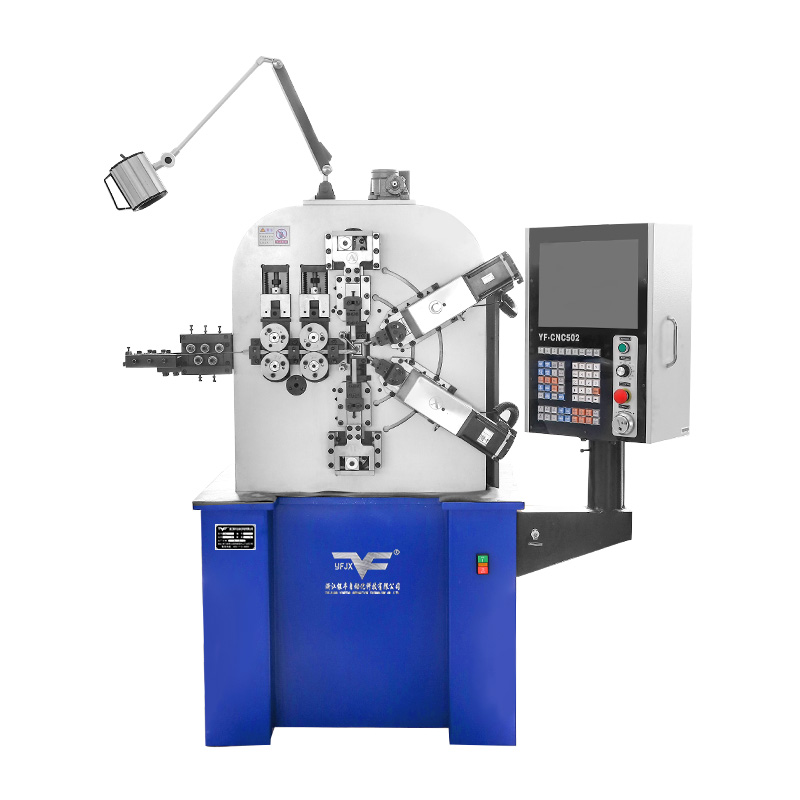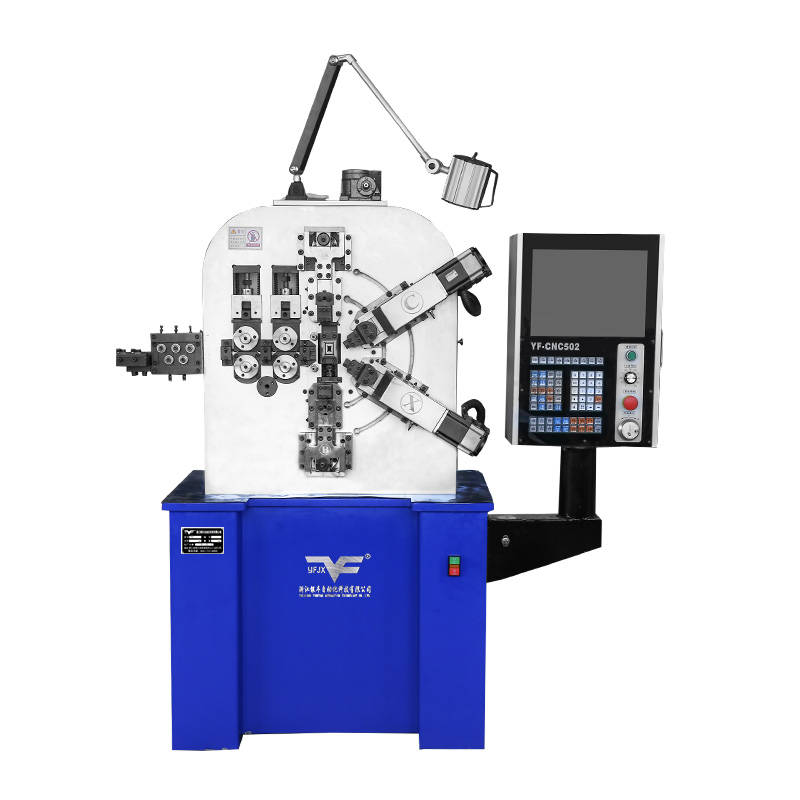CNC Spring Coilers See Wider Adoption In Custom Spring Fabrication
Industry News-In recent years, custom spring fabrication has been going through noticeable changes, especially with the growing use of CNC spring coilers. As industries continue to look for ways to improve production efficiency and meet varying customer needs, more manufacturers are turning to this technology. Unlike traditional equipment, a CNC spring coiler provides a more controlled and consistent way to form different types of springs, particularly when flexibility and precision are important.
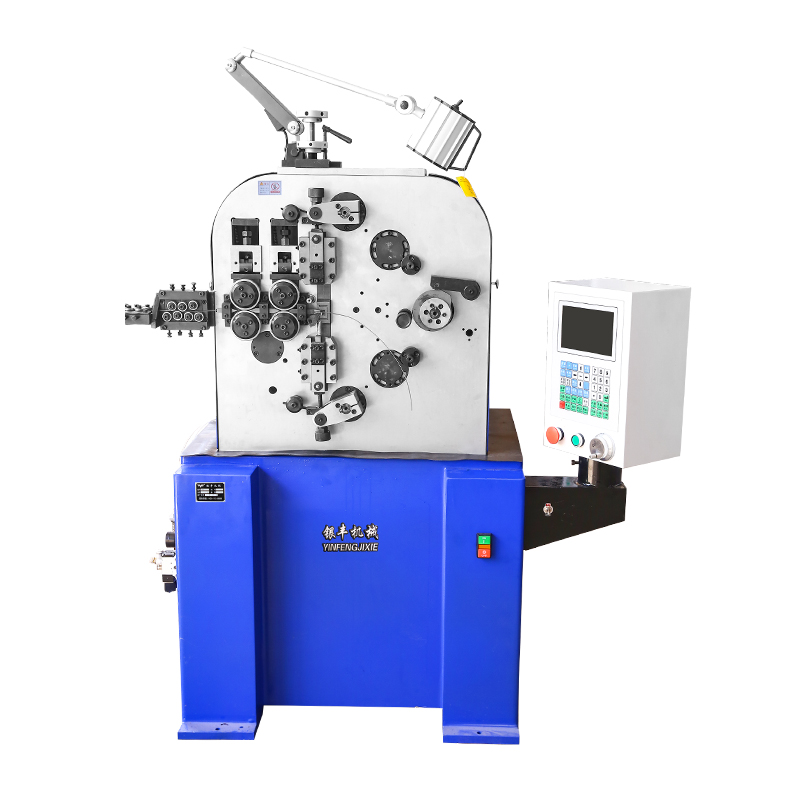
A CNC spring coiler uses computer numerical control to automate the winding and shaping of wire into springs. This method reduces manual involvement and allows for greater customization with fewer setup changes. In custom spring fabrication, where each project might require different dimensions or shapes, this flexibility becomes a strong advantage. By adjusting the program, operators can switch between spring designs with small downtime, making the production process smoother and more adaptable.
While traditional spring coiling machines still hold their place in many factories, especially for large-volume, standardized production, the CNC spring coiler is becoming increasingly popular for smaller batches and specialized applications. Many businesses appreciate the fact that these machines allow for quick prototyping, helping shorten the time from design to production. This is particularly useful in sectors such as automotive parts, medical devices, and consumer electronics, where product specifications change more frequently.
One key factor driving the wider use of CNC spring coilers is their ability to maintain consistent wire tension and bending angles. This pilots to fewer errors and less material waste during production. Even in complex spring geometries, the CNC controls ensure repeatable results. Although a spring coiling machine can also produce high-quality parts, it often requires more manual adjustment and monitoring, especially when the spring design is non-standard.
Another important aspect is the learning curve. Modern CNC spring coilers come with user-friendly interfaces and programmable settings, making them easier for new operators to handle. With a short training period, teams can get started on producing springs tailored to unique specifications. In contrast, operating a traditional spring coiling machine may demand more hands-on experience and mechanical know-how, which isn't always readily available in smaller or newer shops.
The shift toward more compact and space-efficient workshop setups also contributes to the growing interest in CNC spring coilers. Many models are designed to fit into limited spaces without sacrificing functionality. This is appealing to custom spring manufacturers who need flexibility without expanding their footprint. As demand for more customized solutions grows, having equipment like a CNC spring coiler becomes less of a luxury and more of a practical step forward.
Even though the upfront cost of a CNC spring coiler can be higher compared to a manual or semi-automatic spring coiling machine, the long-term benefits often justify the investment. Lower labor requirements, faster changeovers, and improved repeatability translate into better output over time. More workshops are recognizing this balance and slowly shifting their equipment strategy to include CNC options.
In summary, while the traditional spring coiling machine still plays an important role in the production world, the CNC spring coiler is carving out a larger space in custom spring fabrication. Its ability to deliver precise, flexible, and repeatable results aligns well with the growing demand for tailored spring solutions. As technology becomes more accessible and affordable, the trend toward adopting CNC spring coilers is likely to continue, reshaping how custom springs are made across industries.

 English
English русский
русский Español
Español 简体中文
简体中文